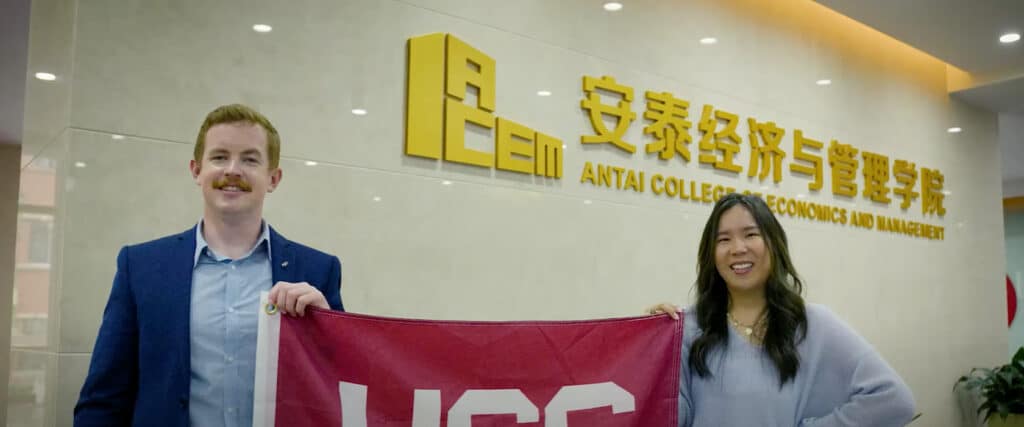Discover the 3 reasons why EDHEC’s master’s in finance programs are world-leading
EDHEC Business School has consistently ranked among the best institutions for finance education. We had an in-depth conversation with the school’s Associate Dean for Graduate Studies to uncover the secrets behind their world-leading master’s in finance programs.








